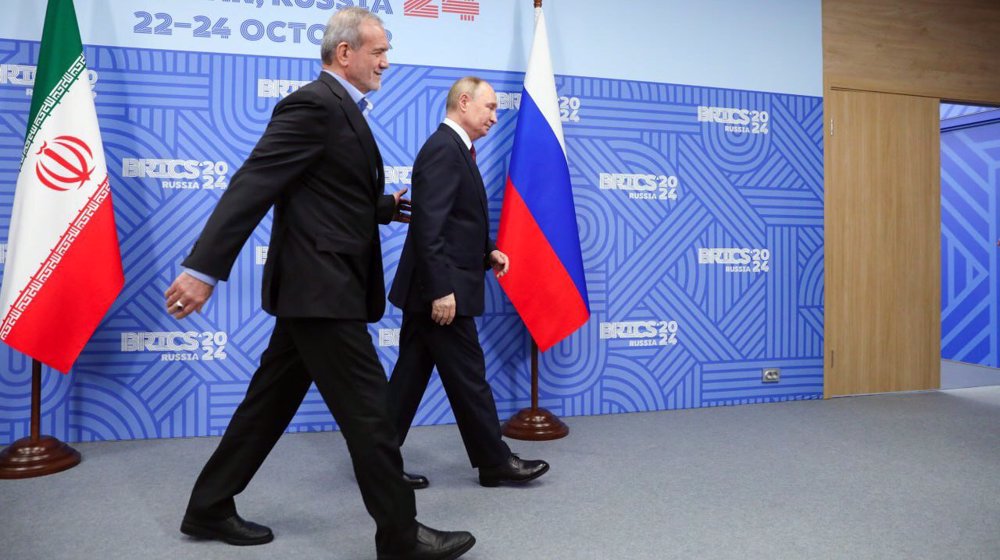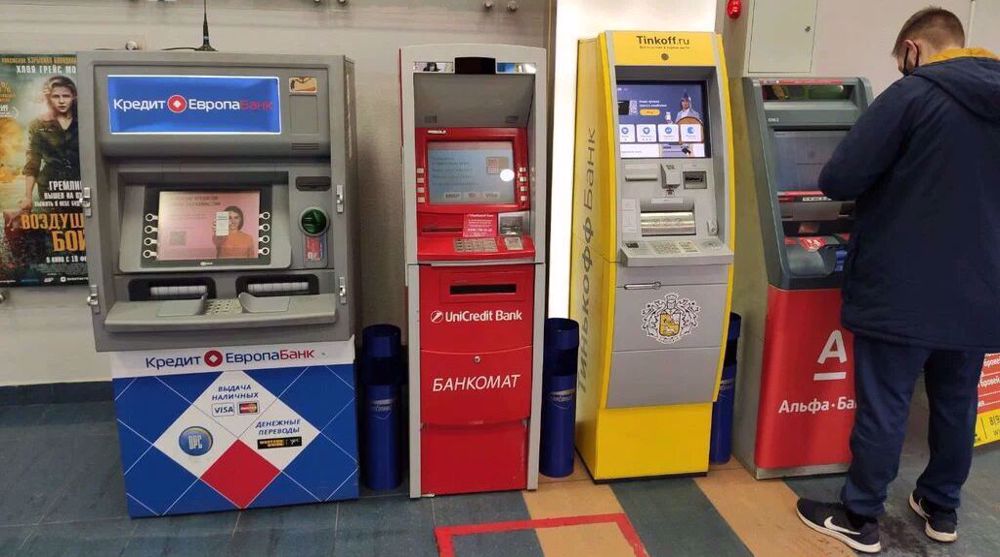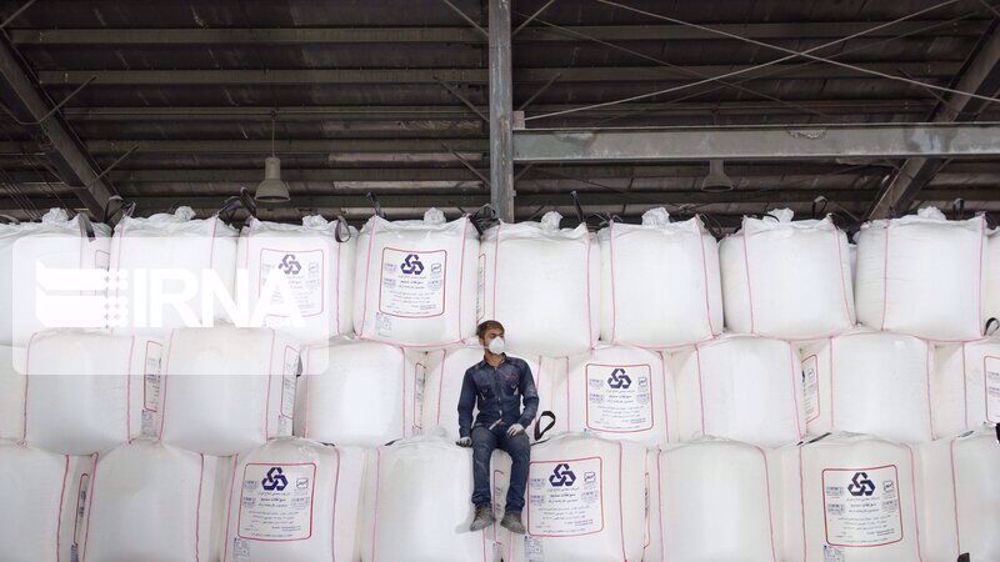The impulse behind Iran-Russia strategic partnership
The Comprehensive Strategic Partnership Agreement, to be signed by Russian President Vladimir Putin and Iranian President Masoud Pezeshkian in Moscow on Friday, marks an unprecedented alignment between the two countries.
The two presidents are about to discuss expanding cooperation, including in "trade, investment, transport, logistics, humanitarian sphere, and current issues on the regional and international agenda”, according to a Kremlin statement.
Russia and Iran have cultivated closer ties in recent years as part of their shared effort to create a bulwark against Western efforts to isolate them. Doing so affords the two countries the ability to effectively shelter and provide each other with political support, defense assistance, and economic ties.
At the heart of this partnership are similarities in some aspects of their policies which have aligned their interests closer to each other.
The similarities are that both Iran and Russia are oil-based and developing economies. In their foreign policy, both countries distrust the West which has targeted them with a series of sanctions.
They also share a worldview which seeks to establish an alternative set of international institutions in order to safeguard the interests of the countries outside the Western orbit and balance against those organizations established by the United States in the aftermath of World War II.
The reason behind Iran’s decision to forge strategic partnership with Russia can be summed up in the fact that Russia, as a nuclear powerful and a permanent member of the UN Security Council, does not seek to change the power structure, nature of the political system, constitution, culture and foreign policy of Iran and sees the Islamic Republic in line with its interests.
The reason behind the failure of normalization with the West in the last four decades is that Iran sought a degree of relationship which established commercial transactions but kept the Westerners at an arm’s length and did not allow their accustomed meddling in the country’s internal affairs.
Like Iran, Russia’s economy is characterized by a mix of public and private sector activities, along with a significant presence of state-owned enterprises where some strategic fields such as energy and power are totally controlled by the government.
In both countries, the service sector, industry and agriculture have the largest share in the national production and oil revenues constitute much of the state budget. For economic growth, both countries rely on energy, where exports, government income, employment and investment are based on oil and gas revenues.
The relationship with the West is not an affair with the government per se. Many pressure groups, corporates and lobbies play a fundamental role in policymaking in the West, while there is one policy in the East, and that is government policy.
As for regional and global economic integration, Russia is a member of the World Trade Organization as well as the Commonwealth of Independent States, Asia-Pacific Economic Cooperation Organization, the Group of 20 major economies, the Shanghai Cooperation Organization, the Black Sea Economic Cooperation Organization, the BRICS group of emerging economies and the Eurasian Economic Union.
Iran, on the other hand, provides access to an important market and grants ties with a critical regional player with access to key resources and theaters.
Both Iran and Russia are developing countries and therefore have a strong need for technologies in industry. They also need to develop the research and development sector to reduce dependence on Western technologies, but this degree of dependence is completely different in the two countries.
Russia has made significant strides in some cutting-edge technologies, which has put it on a strong footing in sectors such as the military and aerospace industries. Iran, on the other hand, has made big advances in such fields as nanotechnology, biotechnology and medicine.
By diversifying their economies and reducing their dependence on the West, Iran and Russia can increase their economic flexibility and resilience in the face of sanctions.
The history of Iran's relations with Russia has been complex and often rocky. While minor tensions might arise to unsettle certain aspects of their collaboration, they are unlikely to derail and torpedo their broader pragmatic partnership.
To continue to work together, they have to separate different components of their collaboration and effectively shield each issue from problem areas.
In a world moving toward multipolarity, Iran's strategic alignment with Russia is a smart response to the changing global landscape. This alignment allows Iran to diversify its foreign relations and strengthen its sovereignty in the global arena.
By working closely with Russia, Iran not only strengthens its position at the national level, but also increases its diplomatic leverage, allowing it to act more flexibly in complex regional equations and balance its interests.
To develop, consolidate and strengthen its geopolitical power, Iran must forge similar long-term economic, political, and cooperative relations with neighboring countries which can help accelerate economic growth.
How Los Angeles’ pistachio tycoons facilitated and profited from wildfires
Iraqi PM: Iran was in Syria to fight terrorism; presence requested by Damascus
Hamas: Israel's massacre in Jenin camp won’t break resistance
60 bodies recovered from abandoned South African gold mine: Police
Biden administration ‘quietly’ circumnavigating own ban on TikTok: Report
Iran Navy takes delivery of first advanced ‘signals-intelligence’ destroyer
Italian TV exposes Israeli manipulation of EU institutions
UK anti-corruption minister Siddiq resigns over links to Bangladesh ‘embezzlement probe’











 This makes it easy to access the Press TV website
This makes it easy to access the Press TV website